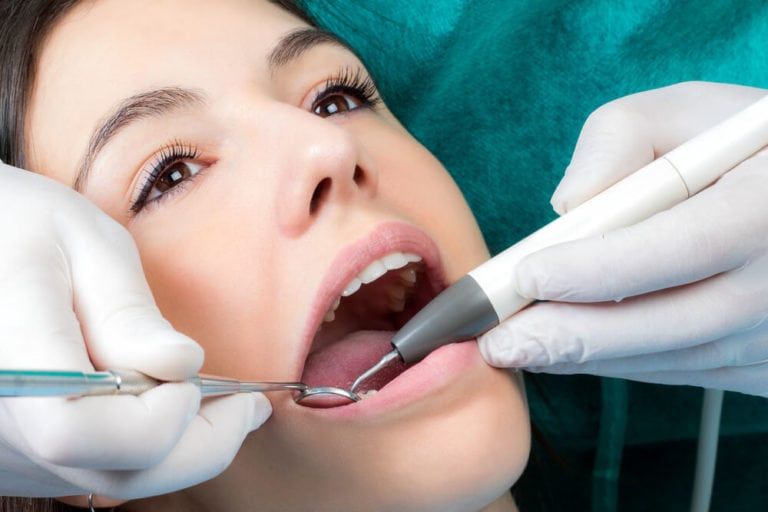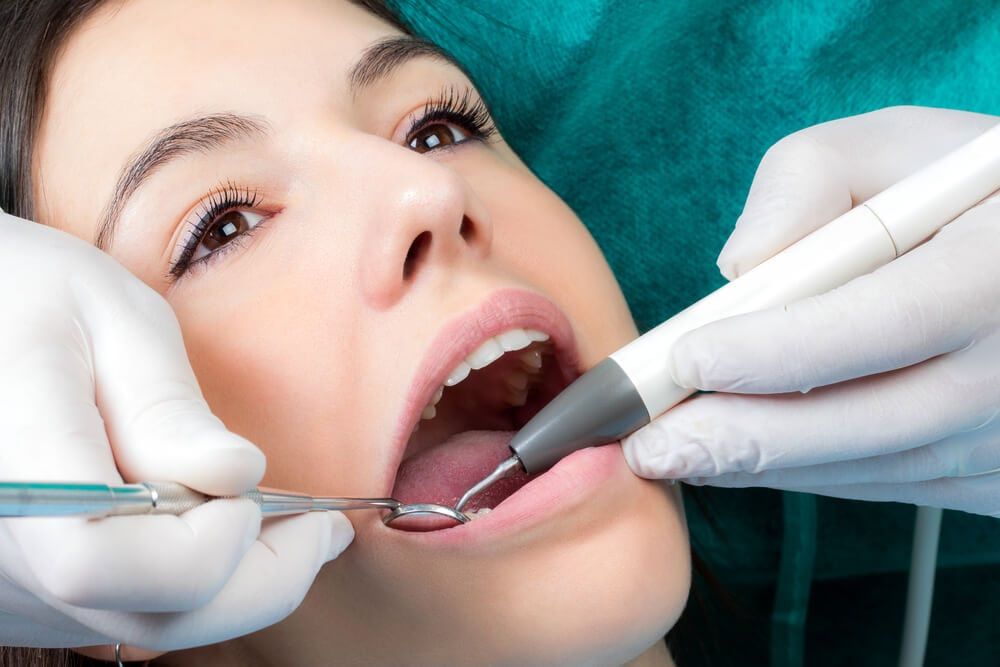Periodontal Treatment

Periodontal Treatment comprises of treatment modalities that address the hard and soft structures that surround the tooth, namely the gums, the ligaments and bone structure.

Did you know…
that according to data from a study titled Prevalence of Periodontitis in Adults in the United States 2009 and 2010, the Centers for Disease Control estimates that 47.2 percent of 64.7 million American adults have some form of Periodontal Disease? Accordingly, the American Academy of Periodontology encourages yearly comprehensive periodontal evaluations to assess for disease.
Frequently Asked Questions
What are the symptoms of Periodontal Disease?
Periodontal disease is mostly painless; therefore, often times patients do not have any symptoms or realize that they have something wrong with their gums until the latter stages of the progressive disease. Periodontal disease does present some early signs though. These signs are:
- Gums that bleed while brushing or flossing.
- Receding gums
- Gums that appear red or are somewhat bulbous.
- The appearance of yellowish or brown deposits by the gum-line of teeth.
- Bad Breath
- Loose Teeth (more advanced stage)
- Pus excretion (more advanced stage)
- Pain (often localized to a specific area at more advanced stages)
How is Periodontal Disease diagnosed?
Periodontal disease is diagnosed by:
- Visual Examination
- Clinical Examination by measuring periodontal pockets (the space between the teeth and gums) and checking for recession and tooth mobility
- Radiographic Examination
How is Periodontal Disease treated?
Scaling and Root Planing, also known as “deep cleaning” is the first and main part of Periodontal Treatment. The goal of the procedure is to remove plaque and tartar from the “visible” part of teeth and the roots in order to preserve and strengthen the support for the teeth.
Depending on the severity of Periodontitis (Inflammation of the structures around the tooth), various types of corrective surgery could be indicated in the more advanced phases of the disease.
Since Periodontal disease is a progressive condition, follow-up treatment and regular checkups are essential in order to manage the disease.
